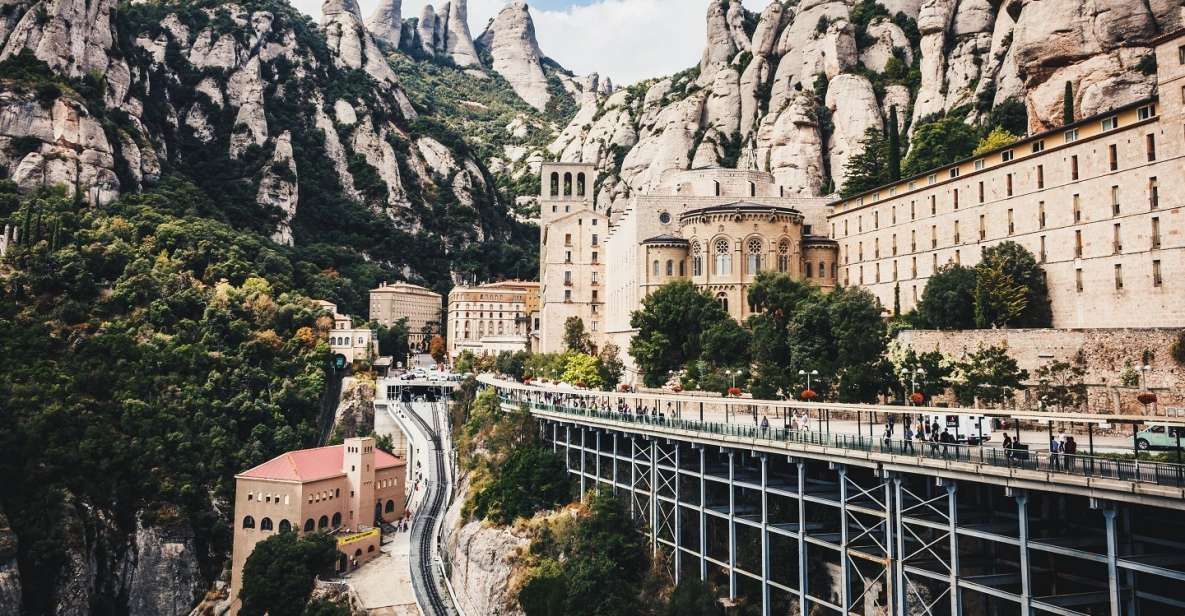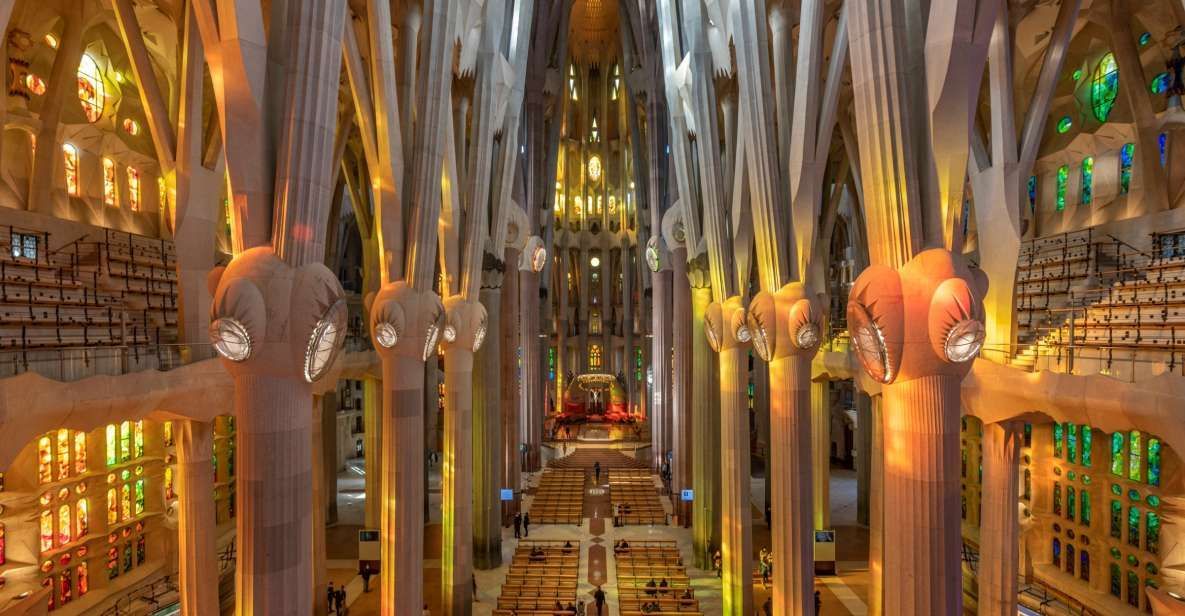🌆 Explore Cities & Regions In Guinea-Bissau
How To Discover Guinea-Bissau: Top Accommodations, Best Time to Visit, Cities of Interest, and More
Guinea-Bissau, a small yet culturally rich country on the West African coast, beckons travelers with its pristine beaches, vibrant culture, and fascinating history. This blog will explore the best places to stay, ideal times to visit, notable cities, culinary delights, nightlife and cultural experiences.
Discovering Guinea-Bissau: Unveiling West Africa's Coastal Gem
Guinea-Bissau, nestled between Senegal and Guinea, offers a blend of tropical beauty and cultural diversity that captivates visitors. Whether you prefer luxurious hotels, self-catering options, or budget-friendly accommodations, Guinea-Bissau provides something for everyone. Let's delve into where to stay, the perfect times to visit, and the top attractions that make Guinea-Bissau a must-visit destination.
Places to Stay: Embracing Guinean Hospitality
Hotels in Guinea-Bissau: Guinea-Bissau boasts a variety of hotels, particularly in its capital, Bissau, and along its beautiful coastline. You'll find options ranging from modern hotels with sea views to boutique establishments offering personalized service. Many hotels offer amenities like swimming pools, on-site restaurants serving local cuisine, and easy access to nearby attractions.
Self-Catering Options: For travelers seeking independence and flexibility, Guinea-Bissau provides self-catering accommodations such as apartments and villas. These are ideal for longer stays or those who prefer to prepare their own meals using fresh, local ingredients. It's a great way to experience daily life in Guinea-Bissau at your own pace.
Backpacker Hostels: Budget-conscious travelers will find backpacker hostels scattered throughout major cities like Bissau and Bubaque Island. These hostels offer affordable dormitory-style rooms or private accommodations, communal kitchens, and opportunities to meet fellow travelers. They are often centrally located, making it easy to explore the city and beyond.
Top Accommodations: Where to Stay in Guinea-Bissau
Hotel Azalai, Bissau: A premier hotel in the heart of Bissau, offering spacious rooms, a rooftop pool with panoramic views, and a restaurant serving both local and international cuisine. It's perfect for business travelers and tourists alike.
Pontao Hotel, Bubaque Island: Located on the picturesque Bubaque Island, this eco-friendly hotel features charming bungalows overlooking the Atlantic Ocean. It's an ideal retreat for those seeking tranquility and natural beauty.
Residencial Helsa, Bissau: A budget-friendly option in Bissau, providing comfortable rooms, a friendly atmosphere, and easy access to local markets and cultural sites.
The Best Time to Visit Guinea-Bissau
The best time to visit Guinea-Bissau is during the dry season, from November to May. During this period, the weather is warm and pleasant, with little to no rainfall, making it ideal for outdoor activities such as beach excursions, wildlife watching, and exploring historical sites. The wet season, from June to October, brings heavy rains and high humidity, which may limit some activities but contribute to lush landscapes.
Cities of Interest: Exploring Guinea-Bissau’s Cultural and Natural Charms
Bissau: The capital city and cultural hub of Guinea-Bissau, Bissau offers a blend of colonial architecture, bustling markets, and vibrant nightlife. Explore the Bandim Market, visit the National Ethnographic Museum, and enjoy traditional music performances at local venues.
Bubaque Island: Located in the Bijagos Archipelago, Bubaque is known for its pristine beaches, diverse wildlife, and traditional Bijagós culture. Take boat tours to neighboring islands, observe marine turtles nesting (seasonal), and immerse yourself in the unique local traditions.
Cacheu: A historic town with Portuguese colonial remnants, Cacheu offers insights into Guinea-Bissau’s past. Visit the 16th-century Fortaleza de Cacheu, explore the mangrove forests along the Cacheu River, and witness traditional ceremonies of the Balanta people.
What to Expect: Guinean Cuisine, Nightlife, and Culture
Food: Guinea-Bissau’s cuisine reflects its African and Portuguese influences, featuring dishes like grilled seafood, spicy stews (such as caldo de peixe), and couscous with peanut sauce. Don’t miss out on sampling local specialties like cashew nuts (a major export), tropical fruits, and refreshing palm wine.
Nightlife: Bissau comes alive after dark with lively bars, clubs, and music venues. Enjoy traditional dances, live music performances (such as gumbe), and socializing with locals over a glass of pontché (a popular local cocktail). The nightlife scene offers a glimpse into Guinea-Bissau’s vibrant cultural heritage.
Culture: Guinea-Bissau is renowned for its rich cultural diversity, with over 20 ethnic groups contributing to its vibrant tapestry. Experience traditional music, dance, and ceremonies, such as the colorful Bijagó mask dances and the lively carnival celebrations. Artisans craft intricate wood carvings, pottery, and textiles that showcase the country’s artistic traditions.
Conclusion
Guinea-Bissau, with its pristine beaches, rich cultural heritage, and warm hospitality, promises an unforgettable travel experience. Whether you’re exploring historic Bissau, relaxing on Bubaque Island, or immersing yourself in local traditions, Guinea-Bissau offers something for every traveler.
In conclusion, Guinea-Bissau’s diverse attractions, welcoming atmosphere, and natural beauty make it a hidden gem in West Africa. Plan your adventure to Guinea-Bissau today and discover why this enchanting country deserves a spot on your travel bucket list.
Embark on a journey to Guinea-Bissau and let its charm and authenticity create lasting memories. Whether you’re an avid explorer or a curious traveler, Guinea-Bissau invites you to uncover its treasures and experience its unique culture firsthand.



